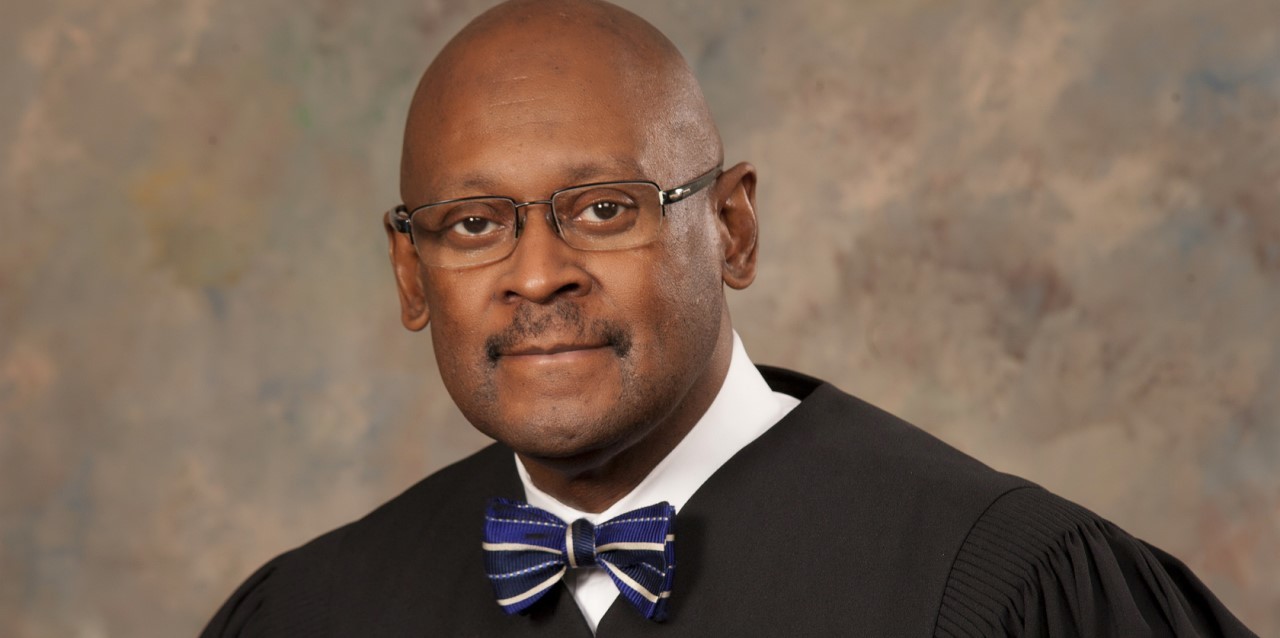A divided Illinois Supreme Court has ruled a man once wrongfully imprisoned for the murder of an Illinois State University student, has the right to sue detectives for malicious prosecution, saying police may have swayed prosecutors to pursue the misbegotten case, again overruling lower courts who ruled in favor of the town of Normal.
The July 29 decision was authored by Justice P. Scott Neville Jr., with concurrence from Chief Justice Anne Burke and Justices Robert Carter and David Overstreet. Justice Michael Burke penned a dissent, with agreement from Justice Rita Garman. Justice Mary Jane Theis took no part in the case.
In August 1993, Jennifer Lockmiller, a student at Illinois State University in Normal, was murdered in her apartment. A McLean County jury found her former boyfriend Alan Beaman guilty, and he was sentenced in 1995 to 50 years in prison. Beaman lived in Rockford at the time of the murder.
However, the Illinois Supreme Court overturned his conviction in 2008. The court determined the prosecution did not inform Beaman of evidence that pointed to another suspect. Beaman was released and had DNA testing done that excluded him as a suspect.
Beaman then sued the Town of Normal and the three, now former, detectives who handled his case — Tim Freesmeyer, Dave Warner and Frank Zayas. Beaman claimed he was the victim of malicious prosecution and conspiracy.
The suit was dismissed, because Circuit Judge Richard Broch determined the McLean County State's Attorney's Office, not the detectives, decided to prosecute Beaman. In addition, Broch said the evidence was sufficient to prove guilt. The Illinois Fourth District Appellate Court upheld Broch, noting there was no proof the detectives lied to prosecutors or influenced the decision to prosecute.
Supreme Court Justice Neville disagreed with the lower courts, finding the detectives cannot isolate themselves from prosecution decision making.
"It is customary for prosecutors to defer to the investigative duties of the police. Prosecutors are greatly dependent on the detectives assigned to a particular case and must be able to rely on their fidelity to the objective principles that ought to guide the handling of an investigation. It is inescapable that the independent judgment of a prosecutor will be colored by the nature of the investigation performed by the police," Neville observed.
Neville added that if police act in bad faith, the prosecutor is "prevented from fully exercising" independent judgment. In the Beaman matter, Neville concluded there was legitimate question whether authorities had probable cause to arrest and prosecute.
Neville summed up the case as "beset with complex facts from which competing inferences can be drawn," but the evidence must be "strictly construed against defendants and liberally in favor of Beaman."
In dissent, Justice Michael Burke decided detectives had good reason to arrest Beaman, but had no responsibility for his prosecution.
"I conclude the totality of the circumstances known to defendants at the time of the arrest would lead a reasonably cautious person to believe or to entertain an honest and strong suspicion that Beaman had the means, the motive, and the opportunity to murder Lockmiller. Once the prosecutors decided to charge Beaman, defendants were not responsible for the continuance of the criminal proceedings," Burke said.
Burke elaborated, saying, "The totality of the circumstances known to defendants overwhelmingly supported probable cause."
David Shapiro, of Roderick and Solange MacArthur Justice Center, made oral arguments to the supreme court on Beaman's behalf. The justice center is at Northwestern University in Chicago.
Thomas DiCianni, of Ancel Glink P.C., of Chicago, addressed the high court for Normal and the detectives.
The Innocence Network filed a friend-of-the-court brief in support of Beaman.
Friend-of-the-court briefs backing Normal and the detectives were filed by the following: Illinois Fraternal Order of Police Labor Council; Illinois Troopers Lodge No. 41; Illinois Fraternal Order of Police; and Chicago Fraternal Order of Police Lodge No. 7.
